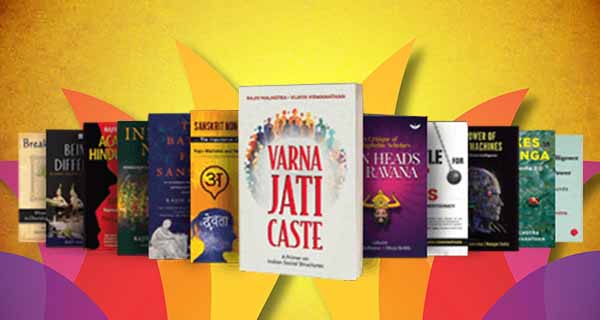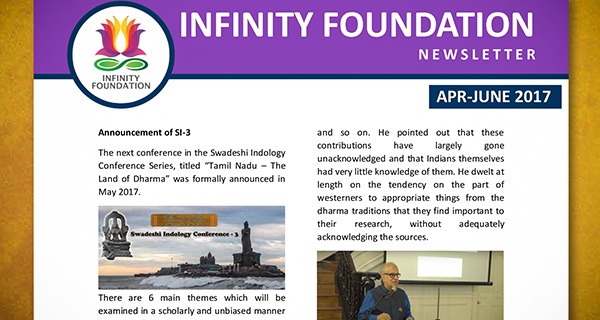Rosser Survey
Yvette Rosser’s Survey on American
Attitudes Toward Indic Traditions
Outline of proposed activities:
-
1. Design questionnaires to measure attitudes about India and knowledge of Indic Traditions:
– past contributions to world culture
– negative stereotypes (and their sources)
2. These surveys will be developed for several target populations, including:
In the USA:
– Indians (NRI) [of various age groups]
– non-Indians
– general population [of various age groups]
– target groups: business people, Christian organizations, etc.
– pre-service teachers in educational institutions
– in-service teachers
In India:
– urban/rural mix
– socio-economic/educational level considerations
3. Initiate preliminary testing of survey instrument in several local areas, such as Austin, Princeton, and other parallel communities.
4. Investigate the patterns of responses and determine if the survey instrument is valid and yields coherent results.
5. Prepare the questionnaires for larger scale implementation.
6. Results will quantify the prevailing attitudes towards India and Hinduism among citizens in the USA and India.
7. Write up the narrative with analysis based on the quantitative data generated by the survey.
Assumptions
-
In USA:
1. Images that non-Indians and many Indians often hold about India and Hinduism are based on negative stereotypes [devil worship, polytheist, pollution-causing, evils of the caste system, irrational, world negating, inferior to scientific West, denial of the autonomous individual, relative morality, narcissism, mushy center].
2. Most people are unaware of India’s historical contributions to world culture. (mathematic, scientific/astronomical, grammatical/linguistic, etc.)
3.Many Americans are insensitive to and uninformed about non-Western traditions, and about the history behind many of today’s problems in India.
In India:
1. Many contemporary Indians do not appreciate their own cultural heritage and compare it negatively to the West. [There may be an element of shame due to lack of knowledge.]
2. Many Indians have imbibed the colonial mind-set and still look to the West for wisdom instead of from their own traditions (i.e. allopathic vs. ayurvedic).
3. Many Indians may not be informed about the depth and stability of their civilization, and just as important, the applicability if its insights in the modern world.
Goals:
-
In the USA the project will:
1. Quantify the opinions and impressions that Americans have of India and Indic Traditions through a scientific survey targeted to several population groups and the general public. The survey should cover a minimum of approximately 2,500 respondents.
2. Locate the sources of negative, stereotypical information Americans hold about India and Indic Traditions.
3. Based on this data, develop strategies for eliminating and overcoming negative portrayals and exotic representations about India and Indic Traditions.
4. Publish the results of the survey with commentary and analysis along with suggested remedial and long-term solutions. Make this available in a variety of venues: school districts, social studies classes, university Education Departments, public officials, textbook publishers, television producers, news casters, etc.
5. Hold seminars and press conferences to announce the results.
In India the project will:
1. Survey a broad spectrum of individuals in the major states and from many social strata of society.
2. Seek to identify the range of beliefs regarding religious orientation.
3. Measure the opinions and experiences of a broad sample of Indian citizens regarding such issues as Hindutva, secularism, India’s contribution to world culture, the origins and evolution of caste, historical and ideological controversies, etc.
4. Quantify this data to offer a picture of the spiritual and religious orientation of selected groups of Indians.
5. Publish these results to illuminate the disparities in accepted academic knowledge in contrast to the vast wisdom of the Indic Civilization.
6. Hold seminars and press conferences to announce the results.
7. Propose solutions such as Indic Studies courses at universities and colleges.
The project seeks a grant for the portion of the implementation that would be in USA. The India portion would be done later and the subject of a separate grant.
Additional expenses may be requested as and when appropriate. Infinity shall consider these at its discretion, including use of third party persons for implementing the survey.



